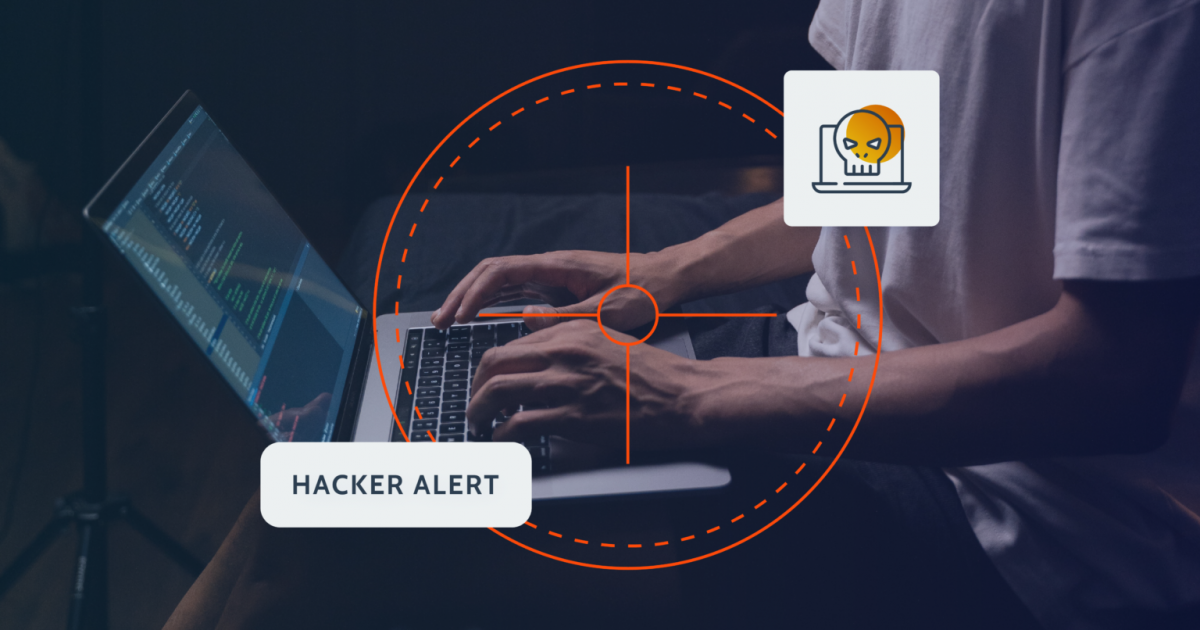
If your website is hosted on a shared server, you could be at risk of security breaches. Yet, there are numerous measures you can implement to safeguard your account and shield your website. In this article, we’ll delve into the various security risks associated with shared hosting and offer actionable advice on securing your shared hosting account effectively.
So, without further ado, let’s dive in!
Web hosting services vary in terms of size, type, and management style, with shared, dedicated, and managed hosting being the most common options. The way websites are hosted also impacts the repercussions following a security breach, but the responsibility for cybersecurity differs depending on the hosting plan.
Shared hosting is often the most cost-effective option for customers, but it poses risks as every site on the server shares resources. With shared hosting, multiple websites share the same server resources, meaning that if an attacker gains access to critical server services (e.g., through shell access, remote code execution, buffer overflow attacks), they could inject malicious code into every site hosted on the server. Providers of shared hosting services must prioritize advanced security measures and implement hardened operating system configurations to thwart such attacks.
Understanding the risk of shared hosting
Before delving into specific strategies for securing your shared hosting account, it’s crucial to grasp the various types of security risks you might face. Understanding these risks empowers you to fortify your shared hosting account effectively, mitigating potential security threats.
Here are some key security threats:
1. Malware and Viruses: These malicious programs can infect your website, leading to data breaches and downtime.
2. Brute Force Attacks: Hackers attempt to gain access to your account by trying various combinations of usernames and passwords.
3. Data Breaches: Hackers infiltrate your website’s database to steal sensitive information like customer details and payment data.
4. DDoS Attacks: These attacks flood your website with traffic to overwhelm it, rendering it inaccessible to genuine users.
How To Secure Your Shared Hosting Account
In every hosting setup, providers must prioritize server security. Securing a web server isn’t just about safeguarding provider assets; it’s also about protecting customer data from potential hackers. Companies utilizing hosting services depend on providers to protect their corporate data and maintain seamless website operations. A compromised server can result in data loss, downtime, and impact customer revenue, tarnishing the provider’s reputation and bottom line. Implementing several of the following best practices can bolster web server security and minimize the risk of compromise.
1. Strengthening Passwords
A fundamental step in safeguarding your shared hosting account is to establish robust passwords. Weak passwords are susceptible to brute force attacks and can be swiftly cracked by malicious actors.
Here are some guidelines for crafting strong passwords:
- Incorporate a blend of letters, numbers, and symbols.
- Leverage a password manager to generate and manage intricate passwords.
- Refrain from using identical passwords across multiple accounts.
- Regularly update your passwords for added security.
2. Updates and Patches
Keeping your shared hosting account secure also entails ensuring that your website and hosting software remain up-to-date. This involves:
Frequently updating your website’s content management system (CMS), plugins, and themes.
Applying security patches and updates to your hosting software, such as cPanel or Plesk.
Vigilantly monitoring your website for vulnerabilities and promptly addressing them.
Note: By staying current with the latest software updates and patches, you can thwart potential security breaches exploited by hackers.
3. Implementing Security Plugins.
To safeguard your shared hosting account, consider installing security plugins. These plugins can help thwart malicious attacks, identify and eliminate malware, and offer various security functionalities.
Here are a few examples of security plugins worth considering:
1. Shield Security: This plugin offers firewall protection, malware scanning, and login security features.
2. SiteLock: Known for its website security, monitoring, and cleanup services.
3. Security Ninja: Provides security features like malware scanning, brute force attack prevention, and spam filtering.
Note: When choosing a security plugin, ensure compatibility with your hosting provider and verify its reputation for reliability. Also, keep your plugins updated to maintain the highest level of protection.
4. Regular Backup
Regularly backing up your website is crucial for securing your shared hosting account. Backups enable you to restore your website to a previous state in case of hacking or compromise.
Consider these tips for creating regular backups:
Choose a dependable backup solution compatible with your hosting provider.
Schedule automatic backups to occur at regular intervals.
Store backups securely, such as on an offsite server or cloud storage service.
Regularly test your backups to confirm their reliability.
Note: Creating regular backups ensures swift restoration of your website in the event of a security breach or other issues.
5. Install SSL Certificate.
An SSL certificate is a vital aspect of securing your shared hosting account. It encrypts data transmitted between your website and visitors, making it harder for hackers to intercept sensitive information.
Consider these tips for acquiring and installing an SSL certificate:
Acquire an SSL certificate from a reputable provider.
Install the SSL certificate on your hosting account. Webmable offers SSL certificate at an affordable price
Ensure that all pages of your website utilize the SSL certificate, not just the login or checkout pages.
Verify the functionality of your SSL certificate through testing to ensure it operates correctly.
Conclusion
Securing your shared hosting account is vital to safeguarding your website against security threats. By implementing the measures outlined in this post, you can achieve a high level of security for your shared hosting account. Remember to opt for dependable solutions that align with your hosting provider’s compatibility. Regularly testing your security measures is also essential to ensure their effectiveness.
At Webmable, we provide secure shared hosting plans equipped with all these features and additional benefits.



